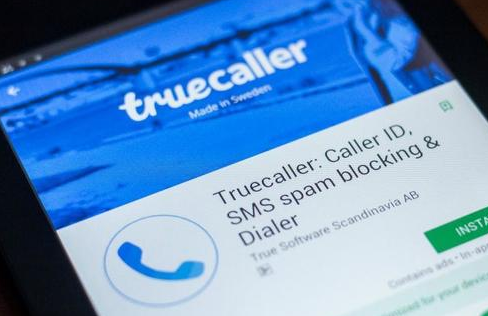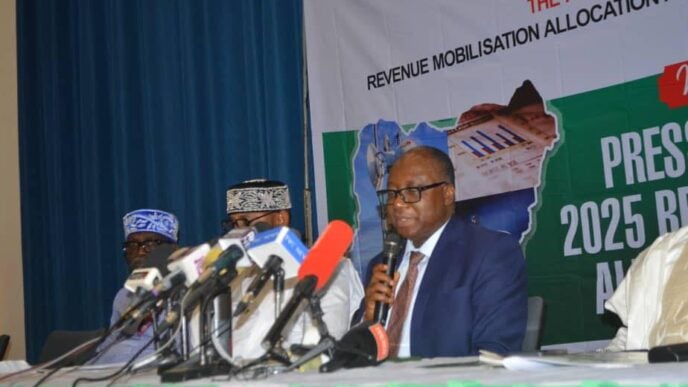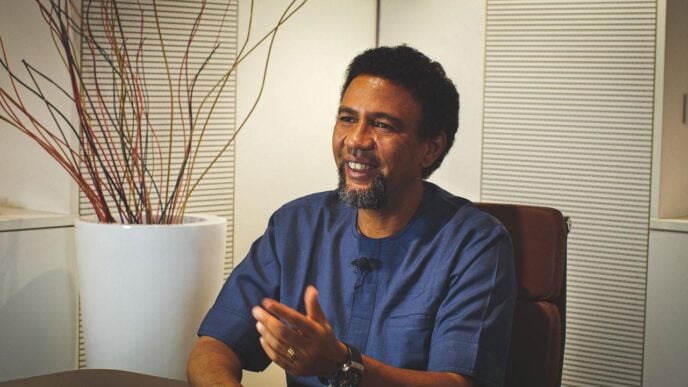Access point providers (APPs) have backed the introduction of the electronic invoicing system of the Federal Inland Revenue Service (FIRS), saying the innovation would enhance the collection of value-added tax (VAT).
The APPs, also known as service providers, are tech companies certified by the FIRS to help taxpayers onboard and integrate on the e-invoicing platform — also called the merchant buyer solution (MBS).
The tax agency had announced the launch of the system on August 10 to monitor transactions, curb tax evasion, and modernise Nigeria’s tax system.
The FIRS said only 1,000 large taxpayers have successfully onboarded on the platform since its launch, disclosing that about 4,000 companies are yet to complete integration.
Advertisement
Unveiling 16 APPs at a recent stakeholders workshop, the agency stressed that companies have been given a deadline of November 1 to complete integration.
The listed service providers, according to the FIRS, are Pasca Technology Limited, HOPtool Technology Limited, Etranzact International Plc, Telepac Africa Nigeria Limited, Cryptware System Limited, Namiri Technology Nigeria Limited, and Ace of Spades Consult Nigeria Limited.
Others are Jureb Business Solutions Limited, Qucoon Limited, Courteville Business Solutions, Softrust Technologies Limited, Westmetro Limited, Arca Payments Company Limited, Elara Technical Services Limited, Interswitch Limited, and Remita Payment Limited.
Advertisement
Mike Adoga, the acting director of tax automation at FIRS, said the companies – accredited as system integrators or APPs — were certified by the National Information Technology Development Agency (NITDA) as having the technical capacity to deliver the required services.
He said they will be responsible for transmitting and reporting any transaction that passes through them.
‘E-INVOICING SYSTEM WILL IMPROVE VAT COLLECTION, REDUCE LEAKAGES’
Speaking with TheCable on the system, Jude Onochie, assistant general manager (AGM) at Courteville Business Solutions, said the end goal of the project will be tax filing and returns.
Advertisement
“But this initial phase we are at now is for documentation collection… which will eventually make audits and reconciliation less arduous,” he said.
“Once this process is fully in effect, it will make operations of the taxpayers more visible and transparent, leading to improved tax collections, and in effect, reduce leakages.”
Onochie said the FIRS will determine the metrics for tracking efficiency and success rate.
Supporting Onochie’s position, Gbenga Akanbi, the head of software engineering at Etransact Plc, said the platform is “a lovely innovation” that will make “life easier for everybody… determined to do what is right”.
Advertisement
With the system, Akanbi said the FIRS wants to be part of every transaction right from the beginning.
“Because you’ll agree with me that the starting point of any transaction is when invoices are issued. And at that point in time, FIRS wants to be part of it,” he told TheCable.
Advertisement
“Nobody is asking you to come and pay taxes on what revenue you have not earned. So, I believe it’s a welcome platform that I believe will benefit all and sundry.”
On his part, Kenneth Uvie-Emegbo, the chief product officer at HOPtool Technology, believes that the platform would boost tax collection because the agency can now identify who is sending an invoice, what it is meant for and “how that transaction is being consumed by whoever it’s being sent to”.
Advertisement
Prior to now, Uvie-Emegbo said Nigeria was considered a “black hole” due to the lack of transparency in transactions, as payment for terrorism financing could go undetected.
“So, this gives a more tight, holistic structure into placing the entire Nigerian transaction in place,” he added.
Advertisement
PAYLOAD AND SYSTEM ADOPTION CONCERNS
Speaking on the safety of data, Onochie said since the MBS project conforms to standard practices and taxpayers will be sending confidential information to the FIRS, strict information security protocols are paramount.
He said his company, as an APP, had met the guidelines set by the FIRS and NITDA, being the supervising regulatory bodies on the project.
“We did not stint on quality as is expected of a project of this magnitude. Nigerian businesses must be prepared to meet the standards that have been set as we intend to offer services on a global stage,” he said.
“I must say that meeting the criteria set by FIRS & NITDA should give comfort to taxpayers, also the ISO 27001 is a global certification with strict measures in place for being certified as an Information Security Management specialist.”
However, the Courteville executive expressed deep concern about adoption, questioning how quickly taxpayers would “buy into this project”.
He said Nigeria is “playing catch-up on the global scale”, but expressed optimism that the e-invoicing solution “measures up to best practice obtainable globally”.
Akanbi said the system’s request payload is a bit voluminous, noting that some systems currently used by merchants may be unable to provide that full length of information.
He described ‘request payload’ as a process of generating an invoice that will be sent to the FIRS through a framework called schema, which details the data that is expected to be sent to the tax authority.
“I’m saying that there are some attributes in that schema that some merchants might not be able to get easily,” Akanbi said.
He, however, said Etransact has been engaging the FIRS and “they are already seeing how that can be toned down a bit at this initial stage”.











